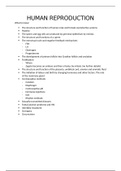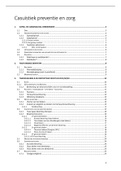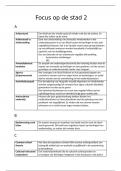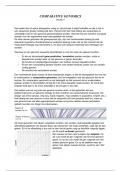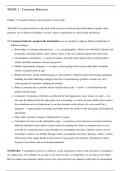Summary
Summary Grade 12 Biology: Human Reproduction
- Course
- Institution
An in-depth summary covering everything in human reproduction. This includes: the male and female reproductive system (including the names and functions of the reproductive organs), puberty, gametogenesis, the menstrual cycle, pregnancy, contraception, sexually transmitted infections and infertilit...
[Show more]
